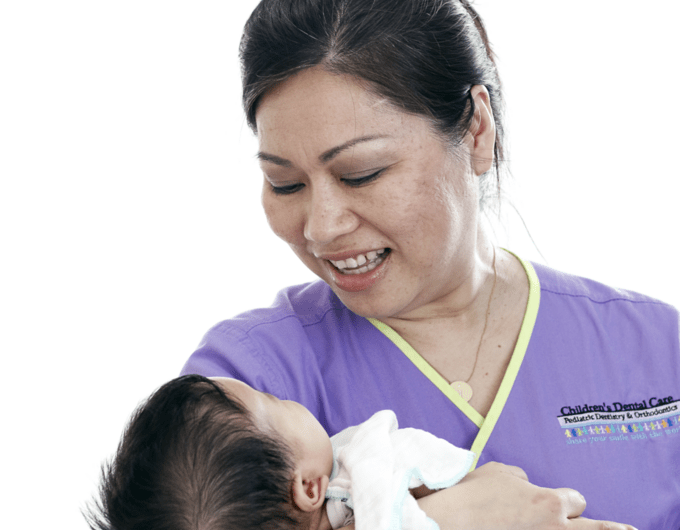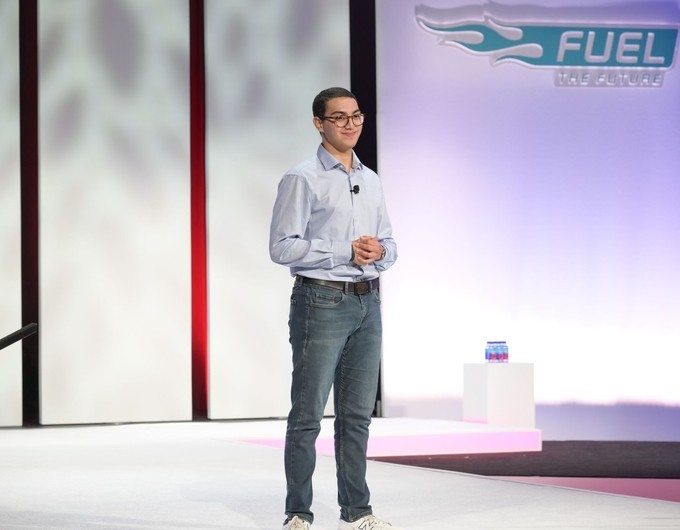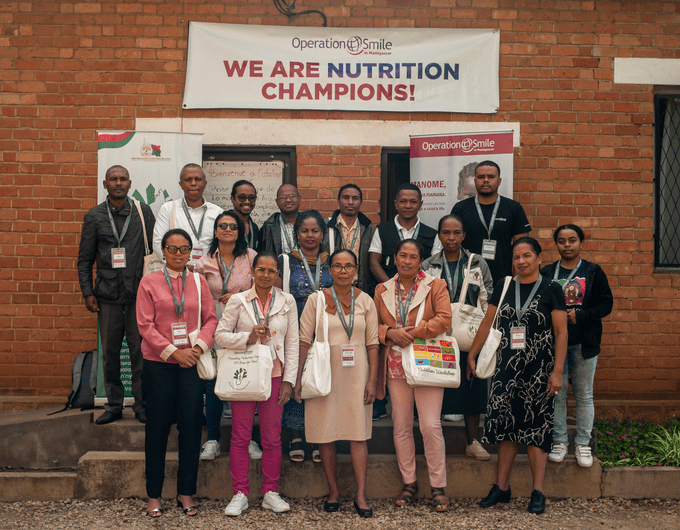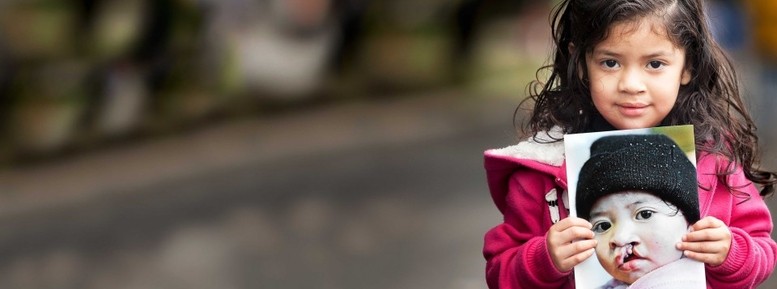Medical volunteer Suzi Owocki, a nurse from Delaware, has been an enthusiastic supporter of Operation Smile since her first medical mission 14 years ago. Suzi has been on nearly 30 medical missions and continues to volunteer with Operation Smile, bringing hope and smiles to children and families in need around the world. Read on for an interview with Suzi about her experiences and impact with Operation Smile.
What inspired you to volunteer with Operation Smile?
I wanted to join the Peace Corps when I first graduated from college, but I had too many college bills, so I went to work in a hospital. I think the desire to someday work abroad as a nurse in some capacity started then! I continued to work for many years as a pediatric nurse in the hospital. Then, marriage and children happened, so my dream to volunteer and work abroad was delayed for a few more years. While working at the Nemours/Alfred I. duPont Hospital for Children in Wilmington, Delaware, I saw somebody who was fundraising for Operation Smile. I did some research into organization and quickly put in my application. After my first medical mission to Tegucigalpa, Honduras in 2002, I was hooked!
Suzi with a patient during one of her earlier medical missions in Madagascar
Why do you do what you do?/ Why do you feel the responsibility to take care of these children?
I feel very lucky to be a part of Operation Smile and provide care for these children and their families. I think we all recognize that there are many problems in the world that need to be addressed (infectious diseases, nutrition, immunizations, women's health, etc.), but the repair of a cleft lip and/or cleft palate is something that can be accomplished during a week-long surgical mission.
I think we all recognize that there are many problems in the world that need to be addressed ... but the repair of a cleft lip and/or cleft palate is something that can be accomplished during a week-long surgical mission.
Of course, these children need ongoing follow-up with feeding help, speech therapy, and more, but the actual repair makes a huge difference in the lives of the children. They are hopefully able to have normal speech, adequate nutrition, and will no longer face social isolation. I do the work because I love it, and love meeting the other volunteers from all over the world, and love meeting and working with all the wonderful families that we have the privilege to care for. And, I guess I feel that since I have the skills needed to care for these children and adults post-operatively, I want to do my small part to help!
Is there a particular moment or patient from a medical mission that will stay with you forever?
There have been so many amazing children and families over the years! But, I think two of the most memorable stories that I remember have both involved adults. One patient was an 84-year-old man in the Democratic Republic of the Congo who had lived his whole life with a cleft lip. He was quite a character and gave everybody the thumbs up sign in the OR after his lip repair! There was a 50-year-old woman in Bolivia who traveled to Santa Cruz on her own. Her husband kept calling and telling her not to have her lip fixed, because he was worried that she would be too beautiful and would no longer love him. She insisted and had her lip repaired! I can't tell you what happened after that, but she was very insistent that her surgery should happen, even with all the protests from her husband who loved her so much he didn't want to lose her.
Why is early surgical care a critical need?
Early surgical care for children with cleft lip and/or cleft palate will impact the ongoing physical growth and development of the child. Without a repair, the patient could suffer from nutritional deficits and possible medical complications that could even involve mortality.
From your perspective, describe the three biggest challenges or barriers to care for patients in areas where you have worked.
Three major barriers to care would be:
• Accessibility of care—this might be based on geographic location, cost, or lack of adequate medical facilities and staff • Fear or lack of understanding of causality and treatment options • Poor physical condition due to poor nutrition, ongoing chronic illness and lack of access to adequate medical care for other health conditions
If Operation Smile didn’t exist in the places where you have worked, what would those patients do?
I think that a lot of children and adults would live a life of social isolation and experience poor health or even death if Operation Smile were not available to repair their cleft lip and/or cleft palate.
How has volunteering with Operation Smile impacted you professionally and personally?
I think the major impact that volunteering with Operation Smile has had on me both professionally and personally is the realization that families everywhere wish their children a life of happiness and health, and a life without pain and scorn. They might not have the material wealth that we see here in the U.S., but the love and caring that you see for the children is amazing. Some of them are not even aware that there might be a treatment for their child, and are so grateful that we have come to help. I also tell everybody here at home that doing this work and then returning home puts everything into perspective. We take so much for granted, and I try to tell people about my travels and my work, and let them know that in a large part of the world, things like adequate food, safe drinking water, access to medical care, and many other things are not always routine happenings!
Find your passion, and use your skills where you can. If you are able to donate money, then do that. Just help with something, and the rewards are many!
We all need to be very thankful for all that we have, and, if we can help others, we should. Some of my professional colleagues volunteer with children with Type 1 Diabetes, some help with children who have other conditions. Find your passion, and use your skills where you can. If you are able to donate money, then do that. Just help with something, and the rewards are many!
Latest Stories

What's Your Reason?

A Former Patient, Aymane Now Shares His Story

